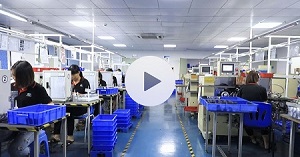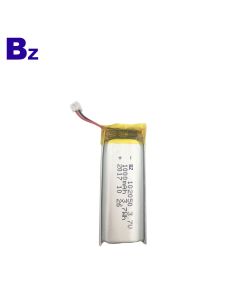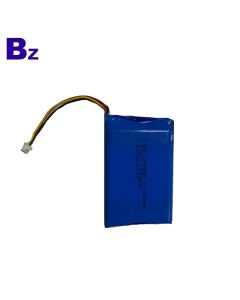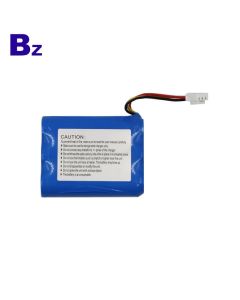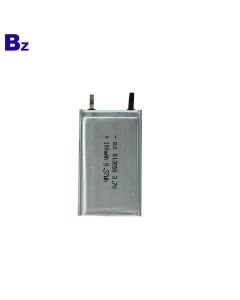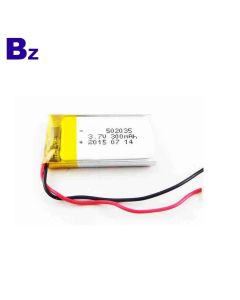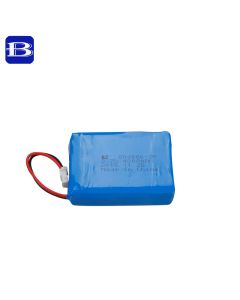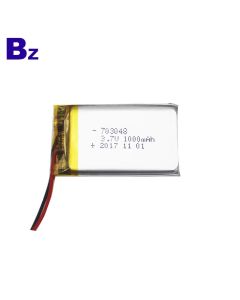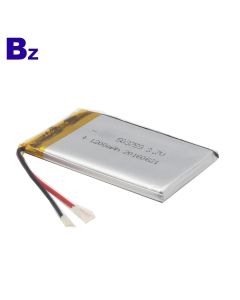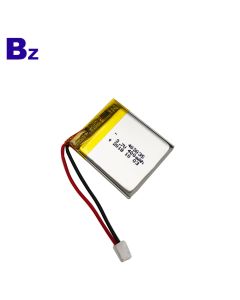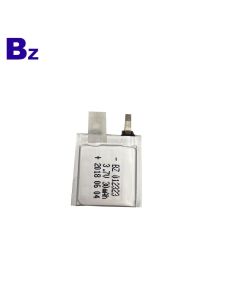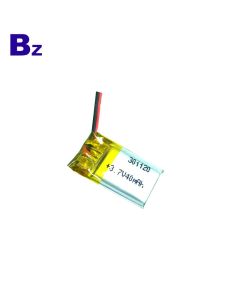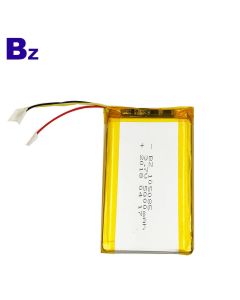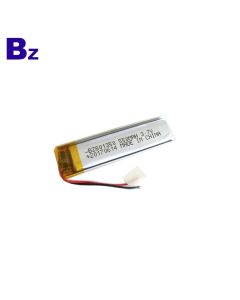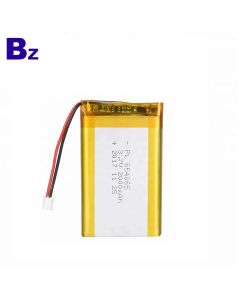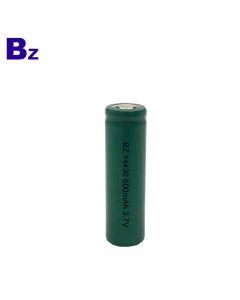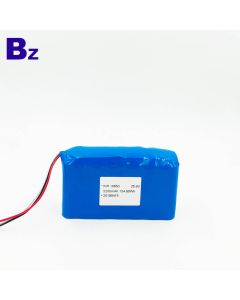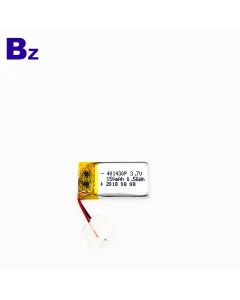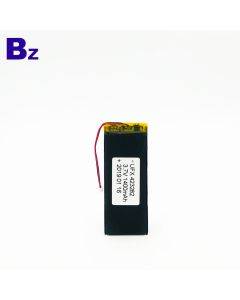About Benzo
Best Selling Batteries
Benzo Battery News
Lithium batteries: Green energy driving the future
At a time when the wave of technology is sweeping the world, lithium batteries have long become the "energy code" that changes life! From mobile phones at your fingertips to electric cars, from giant energy storage power stations to precision aviation equipment, lithium batteries are everywhere, injecting surging power into modern life.
Lithium battery cold knowledge revealed: From mobile phones to space, how does it change the world?
Lithium batteries are like "chemical elevators". Lithium ions shuttle between the positive electrode (lithium iron phosphate/ternary lithium) and the negative electrode (graphite), and electrons form current power supply through external circuits. Ternary lithium batteries have high energy density (Tesla Model S 21700 battery cells reach 333Wh/kg), which is suitable for long-range electric vehicles; lithium iron phosphate batteries are safe and durable (BYD blade batteries have more than 2,000 cycles). It is recommended to keep the power at 30%-80% on a daily basis, and shallow charging and shallow discharge can prolong life.
The secret of accurate battery life: A complete guide to fast charging calibration of lithium iron phosphate and ternary lithium batteries
At the moment when new energy vehicles are popular, the accuracy of battery life directly affects the user's travel experience. As the use time increases, the battery management system (BMS) may deviate from the calculation of power, resulting in the display of battery life and actual battery life not matching. At this time, it is particularly important to calibrate the battery charge. Below, we will introduce the fast charging calibration steps and precautions for lithium iron phosphate batteries and ternary lithium batteries in detail to help you regain accurate battery life.
Small battery, big energy: Decoding the secrets of lithium batteries
Lithium batteries are everywhere in smartphones, electric cars, and even aerospace equipment. Like an "energy heart", they drive the high-speed operation of modern technology. But have you ever wondered why this tiny battery has become a "star" in the energy industry? How does it work? What unknown secrets does it hide? Let's unveil the mystery of lithium batteries together.
A quick look at lithium battery types: performance and application analysis
In today's era of rapid technological development, lithium batteries, as a key energy storage device, have long been deeply integrated into all aspects of our lives, from daily mobile phones and laptops to electric vehicles that lead the trend of green travel, to energy storage systems that power homes. Lithium batteries are indispensable. Did you know that the lithium battery family actually has many members, and different types of lithium batteries have their own advantages in performance, characteristics and application scenarios. Today, let us go deep into the world of lithium batteries and explore the mysteries of common lithium batteries.
Our Lithium Battery Certification








